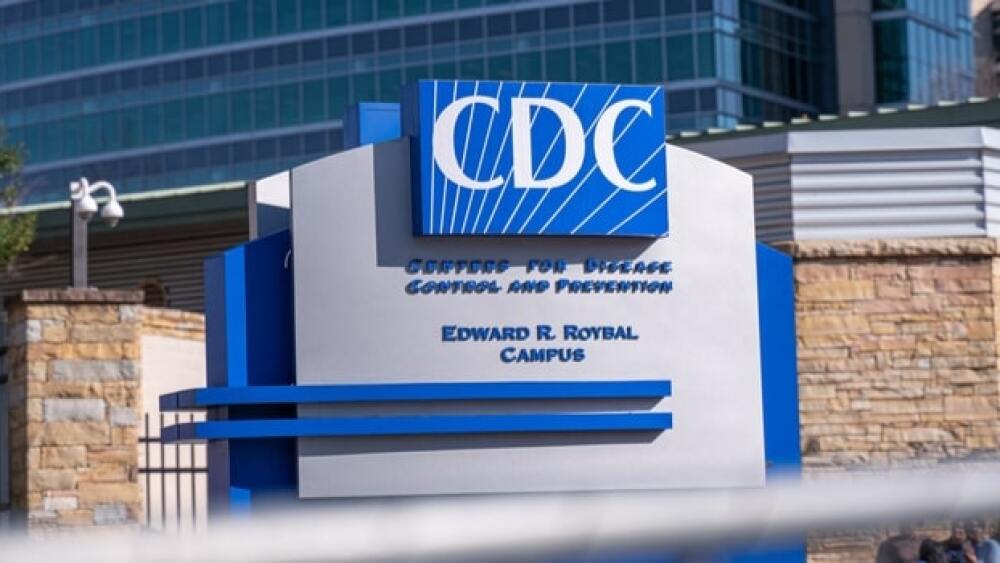The U.S. CDC issued new guidance for long COVID, and the NIH is figuring out how to deal with the disease, while Tonix Pharma plans to develop TNX-102 SL.
Pavel Metluk/Shutterstock
Long COVID, or long-haulers syndrome, is a puzzling range of lingering symptoms and complications after COVID-19 infection. Last week, the U.S. Centers for Disease Control and Prevention (CDC) issued new guidance for long COVID, loosely defined as illness at least four weeks after acute infection.
The guidance notes that primary care physicians can typically handle post-COVID conditions, but objective laboratory or imaging results “should not be used as the only measure or assessment of a patient’s well-being; lack of laboratory or imaging abnormalities does not invalidate the existence, severity, or importance of a patient’s symptoms or conditions.”
Most patients recover from COVID-19 within weeks of the acute infections, but others develop a chronic syndrome. The symptoms vary but can include fatigue, sleep disorders, pain, fevers, shortness of breath, cognitive impairment called “brain fog,” gastrointestinal symptoms, anxiety and depression.
It can range from mild to incapacitating. Some studies suggest it occurs in more than 30% of COVID-19 patients, although generally associated with moderate or severe COVID-19.
The guidance section on managing long haulers says, “For most patients, the goal of medical management of post-COVID conditions is to optimize function and quality of life. Ideally, healthcare professionals, in consultation with the appropriate specialists, should develop a comprehensive management plan based on their patients’ presenting symptoms, underlying medical and psychiatric conditions, personal and social situations, and their treatment goals.”
The CDC has indicated that one of its goals with the guidance is to raise awareness of the issue. The agency worked with physician groups and patient advocacy organizations in developing the guidance.
The CDC is working with the National Institutes of Health (NIH) on figuring out long-term effects and how to deal with them. Last year, Congress authorized more than $1 billion to the NIH to research long COVID problems. Last week, Francis Collins, director of the NIH, announced an initial round of grants to conduct research.
In a statement, Collins said, “Building the research support infrastructure is the first step before we can launch research studies including new randomized, placebo-controlled clinical trials, which we expect to make in the weeks and months ahead.”
Steven Deeks, professor of medicine at the University of California, San Francisco, who tracks long haulers, noted before the guidelines were released, that “What the field desperately needs is a consensus on how to define the syndrome.”
Today, Tonix Pharmaceuticals Holding Company, based in Chatham, NJ, announced plans to develop TNX-102 SL (cyclobenzaprine HCL sublingual tablets) as a potential treatment for long COVID official name is Post-Acute Sequelae of COVID-19 (PASC). It expects to meet with the U.S. Food and Drug Administration (FDA) in the third quarter to design a Pivotal Phase II trial and overall clinical development plan for the drug.
TNX-102 SL provides rapid transmucosal absorption and reduced production of a long half-life active metabolite, norcyclobenzaprine, due to bypass of first-pass hepatic metabolism. It both binds to and blocks activities at the serotonin 2A, alpha1-adrenergic, histaminergic-H1, and muscarinic-M1 receptors. It is being developed as a daily bedtime treatment for fibromyalgia, PTSD, alcohol use disorder and agitation in Alzheimer’s disease.
“We are excited to excited to begin development of TNX-102 SL for the treatment of Long COVID because the program leverages what we have learned about the pharmacodynamic activity of TNX-102 SL from more than one thousand participants who have been or are enrolled in our fibromyalgia trials to date,” said Seth Lederman, president and chief executive officer of Tonix.
“Long COVID has been compared to fibromyalgia because of the common symptoms of sleep disturbance, persistent pain, fatigue, and brain fog. Additionally, Long COVID, like fibromyalgia, is experienced by women at a rate approximately four times that of men. The 2003 SARS outbreak that was due to an earlier coronavirus outbreak was also described as causing a post-SARS syndrome similar to fibromyalgia.”





